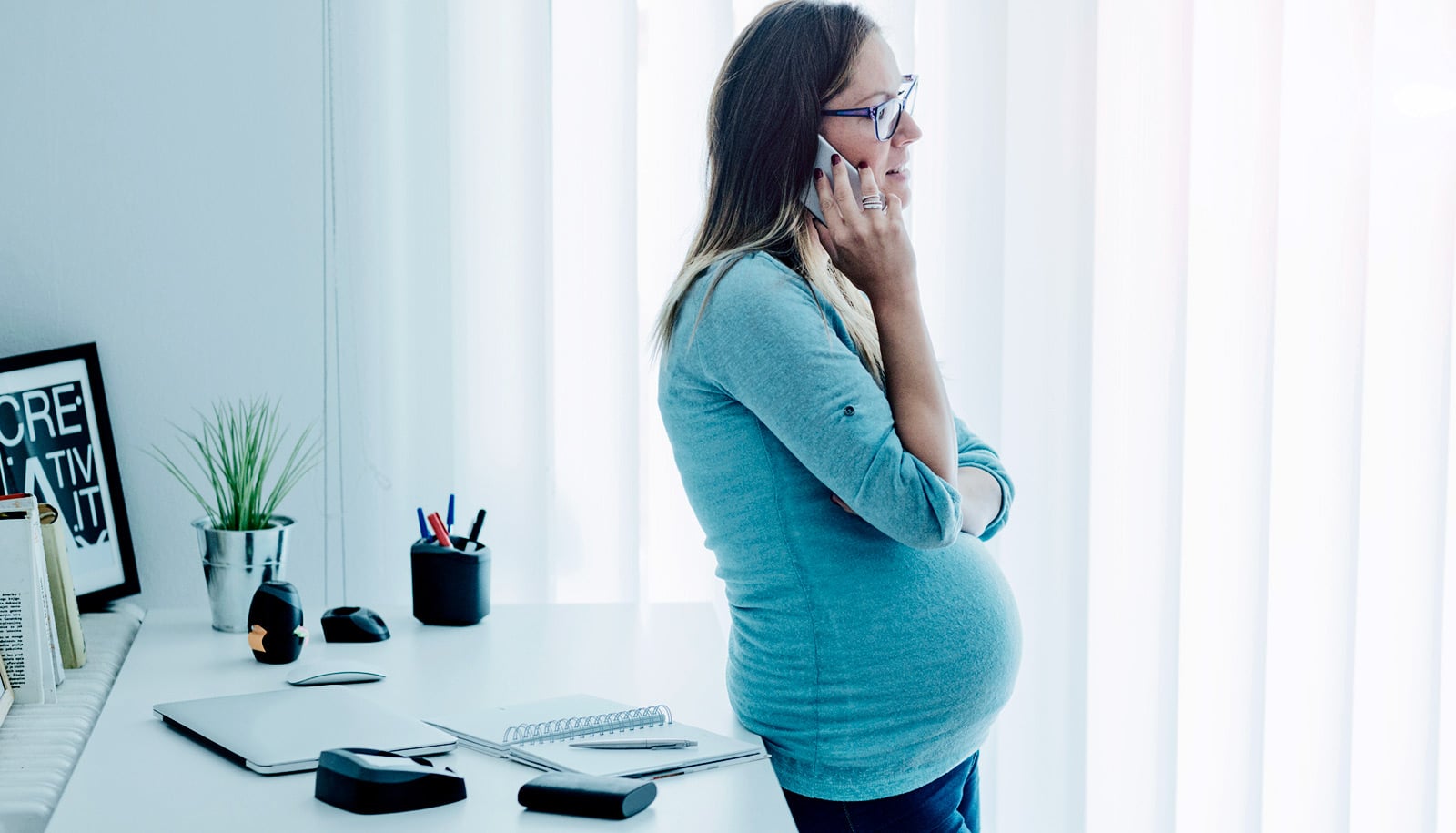When coworkers try to lighten a pregnant woman’s load, it can hurt her chances of returning to work after giving birth, according to new research.
Researchers wanted to find out how benevolent sexism—the belief, rooted in traditional gender roles, that men and women are better or worse at certain things—affects a woman’s feelings about her career during and following pregnancy.
They surveyed 105 women on a weekly basis during their pregnancies and for nine months postpartum. They asked the women how often they experienced “helpful” behavior at work—for example, coworkers trying to shield them from unpleasant news, giving them easier tasks, or assigning them lighter workloads.
They also asked the women how this behavior made them feel about their work abilities.
Overall, they found that this “helpful” behavior—regardless of whether the women thought of it as helpful or harmful to their productivity—ultimately made them feel worse about themselves and their workplace abilities.
When the women perceived the help as harmful to their productivity, it made them feel even less confident in their abilities. The worse these women felt about their abilities, the less likely they were to return to the workforce following maternity leave, says Eden King, an associate professor of psychological sciences at Rice University.
Oftentimes, this form of sexism can come across as positive or even complimentary, King says. However, the new findings clearly indicate it can have a long-lasting negative impact on the careers of women who are mothers.
King and her fellow researchers hope the study will shed light on how subtle forms of sexism can impact people in the workplace and beyond.
The paper appears in Personnel Psychology. Additional coauthors are from the University of Memphis, Boston College, and the University of Massachusetts Lowell.
Source: Rice University



